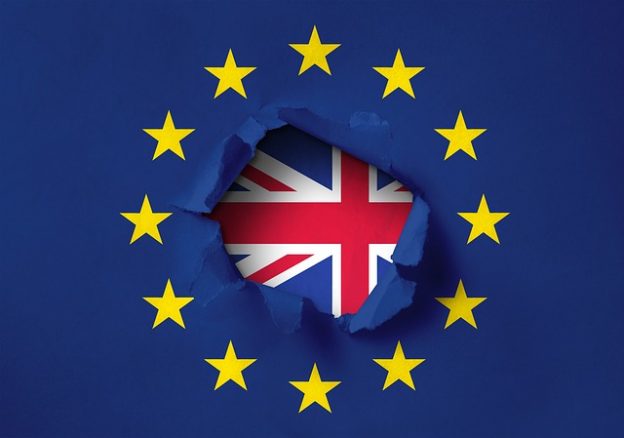
ESMA’s EMIR Q&A Confirms UK Venues as OTC after Brexit
On Monday, ESMA published their latest update to their EMIR Q&A document. Included in the questions is the status of derivative contracts executed on UK venues following Brexit. Specifically, whether these trades would be considered to have taken place on-venue or over-the-counter (OTC).
Currently, EMIR rules consider derivatives transacted on an EU regulated market or those on third countries considered to be equivalent regulated markets to have the status of venue traded transactions. Trades conducted on non-EU venues not included within ESMA’s list of equivalent markets are deemed OTC.
In the Q&A, ESMA answered that following Brexit. UK venues will have the status of a third country market. Therefore, until the time that they are included within the list of equivalent regulated markets, trades on these venues are deemed OTC, with their venue reported as XXXX within EMIR submissions.
UK Venue Equivalence
ESMA offices are currently closed for the holidays. Therefore, it appears that UK venues won’t be added prior to the end of the year to the list of equivalent regulated markets under EMIR. The equivalence list was last updated in January 2017.
The lack of equivalence creates an initial area of divergence between the UK and EU versions of EMIR. While rules and validation between the two regimes remains the same. In November, the UK defined EU venues as equivalent regulated markets under UK EMIR. The decision was part of a larger communication from the FCA covering updates to transaction reporting regulation under Brexit (more on the FCA FIRDS list).
EMIR Divergence
In December, trade associations published a public letter to the European Commission about equivalence. Signed by FIA, ISDA, AFME, ICI, AIMA, EBF and EFAMA, the letter urged the Commission to include UK venues as equivalent third country markets. It was explained that failure to do so would lead to additional challenges for complying with EMIR.
Some of the points raised were, EMIR/MIFIR Divergence, the effect on clearing threshold calculations and hedging ramifications. Regarding the thresholds, it would mean that EU firms trading on UK venues would be forced to include these trades in the calculations of OTC transactions towards the clearing thresholds. (Learn more about Brexit)





